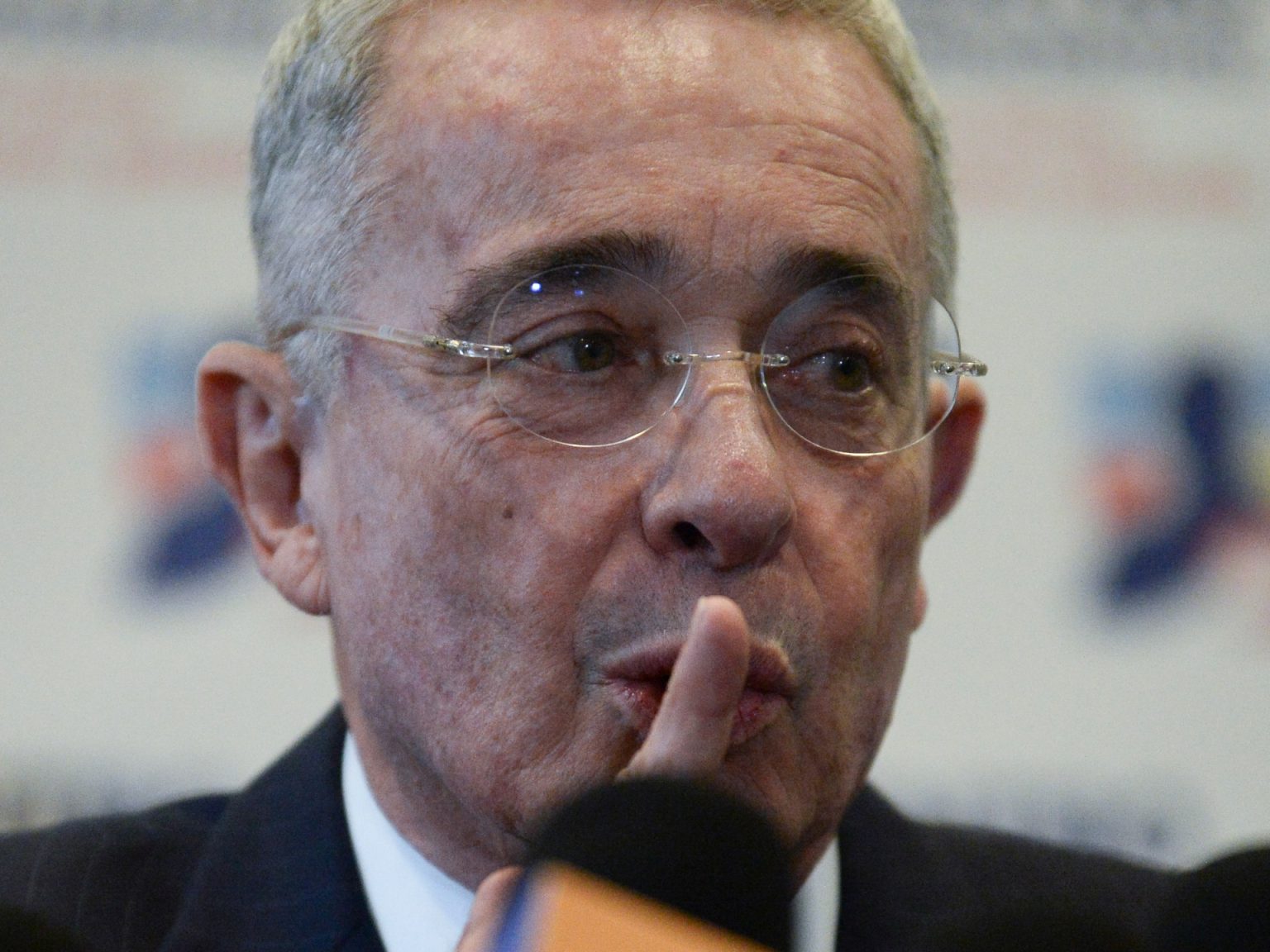Former Colombian President Alvaro Uribe is facing criminal charges of witness tampering and fraud, which could make him the first Colombian president to stand trial on such charges. Uribe has denied the charges, calling them an act of political retribution without proof linking him to any wrongdoing. His political party, the right-wing Democratic Center group, has expressed support for him, maintaining their belief in his innocence and honourability.
The pending criminal charges against Uribe carry potential sentences of up to 12 years for witness tampering and up to eight years for procedural fraud. The accusations stem from claims made a decade ago that Uribe attempted to silence witnesses who implicated him in the creation and activities of a right-wing paramilitary group. These allegations have been a source of scrutiny for Uribe since his time in office from 2002 to 2010, during which he faced accusations of human rights violations, particularly in relation to the military’s actions in the country’s internal conflict.
As Colombia has been embroiled in a six-decade-long internal conflict involving various armed groups and criminal organizations vying for power, Uribe’s administration took a strong-armed approach against leftist rebel groups like the Revolutionary Armed Forces of Colombia (FARC) and the National Liberation Army (ELN). While he was considered a close ally of the United States in the global “war on drugs,” his tactics were also associated with alleged human rights abuses, including incidents known as the “false positives” scandal, where civilians were falsely counted as enemy combatants.
Prosecutors allege that after Senator Cepeda raised concerns about Uribe’s ties to paramilitary groups, the former president attempted to persuade witnesses, including former paramilitary member Juan Guillermo Montsalve, to retract their statements. Montsalve has accused Uribe of using his lawyer to offer him bribes in exchange for withdrawing his testimony. The announcement of the criminal charges coincided with the election of a new attorney general, who was previously one of three candidates nominated by Colombia’s first left-wing president, Gustavo Petro, who took office in 2022.
Uribe, who was put under house arrest in 2020 while the investigation unfolded, has continued to be a prominent figure in Colombian politics even after leaving office. His supporters have rallied behind him with the hashtag #CreoEnUribe, expressing their belief in his innocence. The case against Uribe is significant not only because it involves a former president but also because it raises questions about accountability and justice in a country deeply impacted by decades of conflict and political turmoil. As the legal proceedings continue, the outcome could have far-reaching implications for Colombia’s political landscape.


